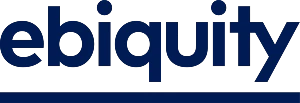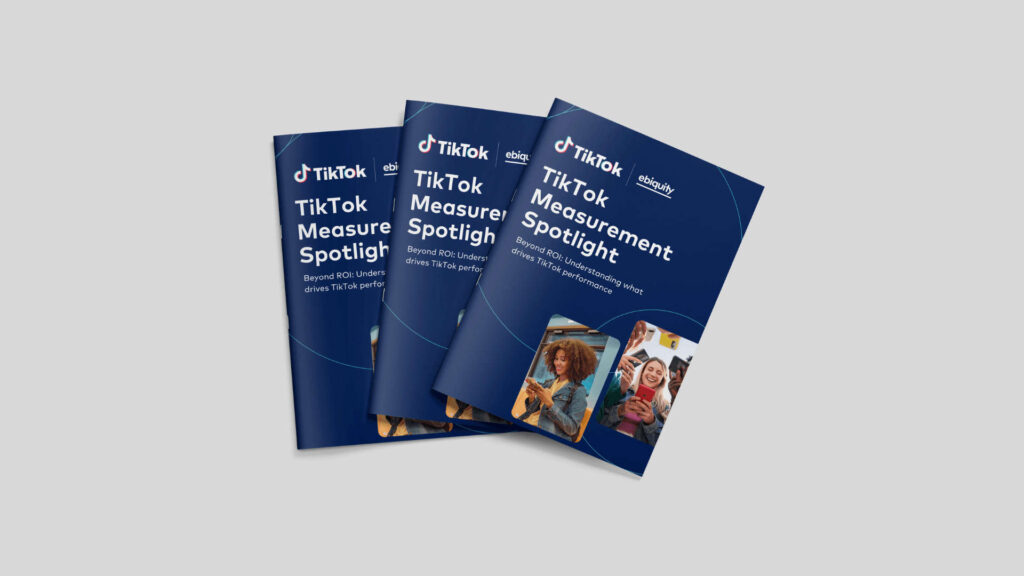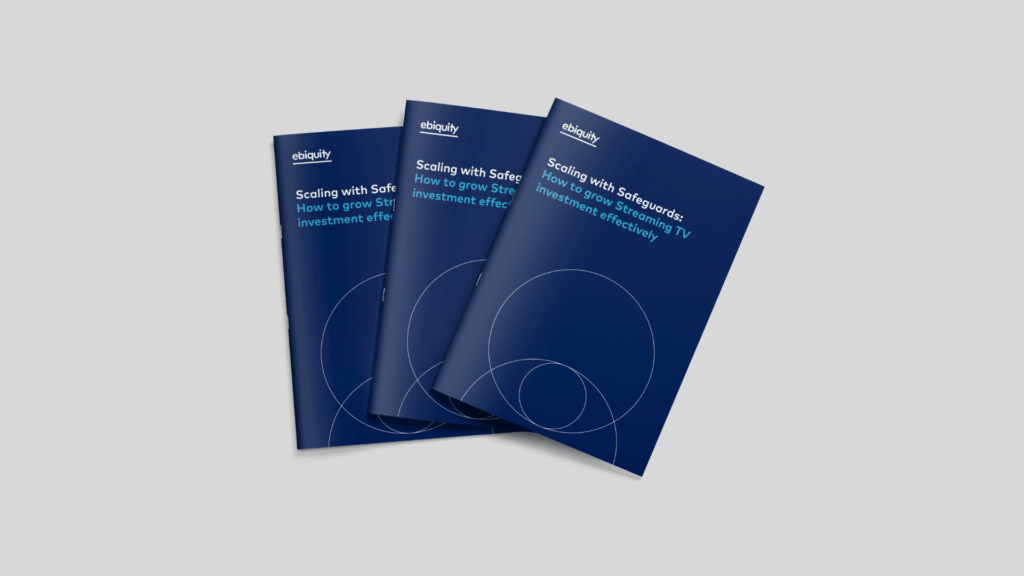On 3 June, EY announced the launch of Studio+, a new business unit bringing together its design, marketing, customer experience, and technology services. The ambition is clear: to win a greater share of client-side marketing budgets and compete directly with creative agencies and digital consultancies.
For advertisers, the announcement is notable not just for its scale – 7,000 professionals across 37 acquired firms – but also for what it represents. Like Accenture and Deloitte before it, EY is moving beyond advisory into marketing delivery, pursuing commercial opportunities in the same space where it has traditionally been positioned as an objective evaluator.
This raises a familiar but important question: can any firm offer compliance audits of agency relationships while also competing in the same market for marketing services?
Where independence breaks down, confidence follows
Contract compliance auditing is about trust. Advertisers rely on these audits to confirm whether agency partners are operating in line with commercial agreements – whether fees, rebates, scopes, or third-party costs are being managed transparently and fairly.
That process demands independence. Not just in technical terms, but in structure, incentive, and perception. If the party auditing your agency relationships also provides marketing strategy or creative services, the audit’s objectivity can be called into question.
Even if formal controls are in place, the perceived lack of independence can reduce confidence in the findings, undermine procurement and finance efforts, and raise challenges with agencies subject to review.
This becomes even more complex when compliance reviewers are part of organisations also competing with the very agencies they audit. These dual roles create tension. Not only in client relationships, but across the broader marketing ecosystem.
The risks of overlapping incentives
Many firms have expanded their marketing capabilities through acquisitions – some high profile, others more discreet. In some cases, acquired agencies continue to operate under legacy branding or white-label arrangements, raising questions around transparency, client crossover, and audit scope.
There’s also the issue of competitive alignment. As consultancy-led marketing groups grow, they inevitably step into the territory of the large agency holding companies – firms frequently subject to financial compliance audits. This dynamic, while commercially understandable, can be difficult to reconcile with the neutrality required for credible auditing.
These are not hypothetical concerns. They’re structural tensions. And they make it harder to maintain clean lines between commercial delivery and compliance evaluation. Auditors must be free from competing incentives. Not just to meet technical standards, but to maintain trust with all parties involved – advertisers, procurement, finance teams, and agencies.
Clarity builds trust. Independence protects it.
Best-practice compliance auditing means having no commercial stake in marketing delivery, no overlap with agency outcomes, and no competing interest in the audit findings.
When that independence is clear, both structurally and in perception, it builds trust across all stakeholders. Advertisers can rely on findings that reflect fact, not influence. Agencies can participate in audits knowing the role is clearly defined. Internal teams can take action with confidence that the process is impartial.
This clarity becomes even more important as service models evolve. When advisory, execution, and audit services are housed within the same organisation, the risk is not just actual conflict – it’s reduced confidence in the integrity of oversight. Advertisers still need clear answers to fundamental questions:
- Are commercial terms being met?
- Are agency partners delivering the expected value?
- Is spend aligned with scope, governance, and compliance expectations?
Those answers carry more weight when they come from a partner with no stake in the outcome.
Independence is not a constraint. It is what allows audit integrity to hold firm, even as the market around it changes. And in a time where clarity is often the first casualty of complexity, genuine independence remains one of the most valuable forms of confidence a business can have.









